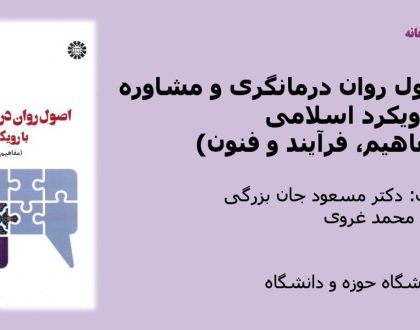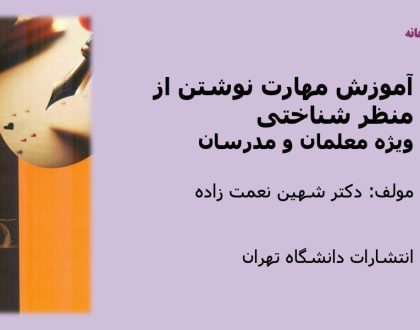THE PSYCHOLOGY OF LANGUAGE AND COMMUNICATION

Classic Edition
The psychology of language and communication is a vast topic – far wider than the scope of conventional texts on psycholinguistics. While we have made no attempt in writing the present book to be encyclopaedic, we have tried to be rather more broad-ranging than usual. The mainstream concerns of psycholinguistics – speech production, speech perception and comprehension, language acquisition, the psychological reality of linguistic theories, etc. – all receive due coverage, but they are interspersed with treatments of gestural and facial communication, conversational management, social class influences on language, animal communication, neuropsychology and other topics which we feel to be equally deserving of mention in a book like this. If the book has a theme, it is that human language use will best be understood if viewed in its natural context as one of a set of channels available to humans to transmit and receive information. Language has the structure and properties it has because of the functions it must serve. If we are to understand those functions we must not be in awe of discipline boundaries. Various aspects of language have been appropriated for study by a wide assortment of disciplines ranging from philosophy and linguistics, through sociology, anthropology and psychology, to physiology and engineering. Even within psychology the topic is carved up rather arbitrarily into social psychology, cognitive psychology, developmental psychology, neuropsychology and other sub-disciplines. Although our selection will inevitably reflectour perspective as psychologists of particular sorts, we have at least tried to put Humpty Dumpty back together again by pursuing language into these different, often strange territories, and by trying to show how insights gained in one corner can shed light on puzzles elsewhere
مطالب مرتبط

اصول روان درمانگری و مشاوره با رویکرد اسلامی (مفاهیم، فرآیند و فنون)
۲۶ / بهمن / ۱۴۰۳

آموزش مهارت نوشتن از منظر شناختی
۲۶ / بهمن / ۱۴۰۳


